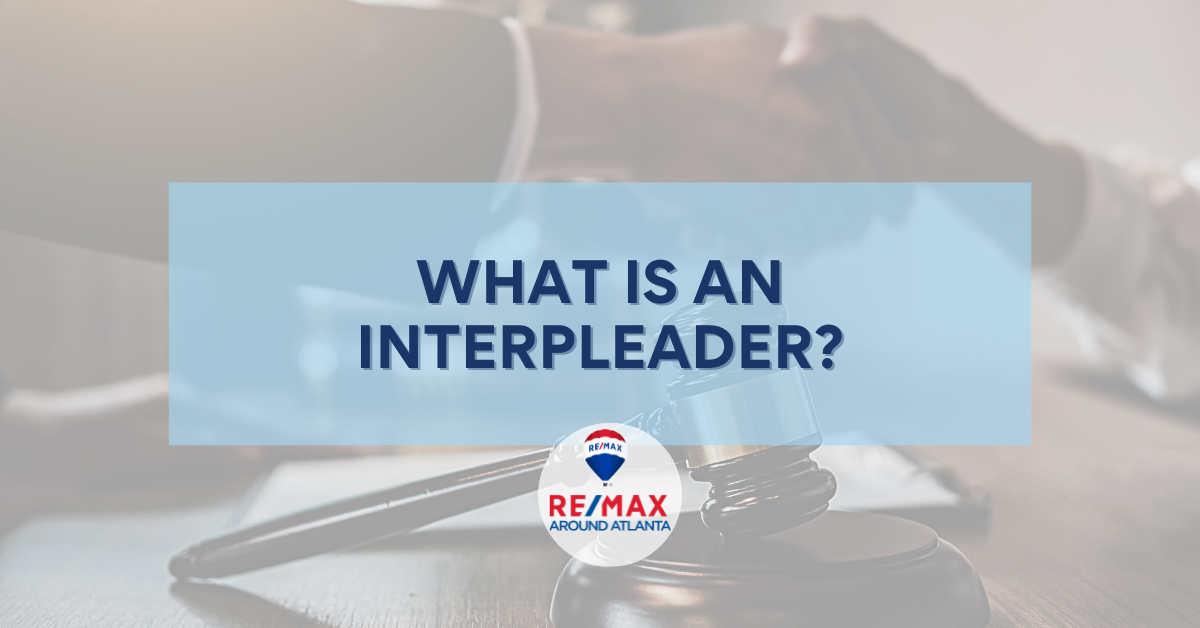|
An interpleader is generally thought of as a situation where two parties are both claiming the same money being held by a third party where the third party has no claim to the funds but is unsure which of the two parties is entitled to the funds. In such an instance, the party holding the funds can sue both claimants, deposit the funds into the registry of the court and ask the judge to decide who is entitled to the funds. Interpleader actions are often filed by real estate brokers when earnest money disputes cannot be resolved. (garealtor.com FAQs)
If the real estate broker who is the holder of the earnest money cannot get the parties to agree and cannot make a reasonable decision based on the terms of the Purchase Agreement and the facts, an interpleader action can be filed, and the funds are deposited with the appropriate court. The court then makes the disbursement decision. An interpleader is costly and time consuming. It should be used as a last resort. The threat of an interpleader can spur an agreement between the parties.
1 Comment
2/27/2024 03:14:00 pm
Thanks for the article! Also note that an attorney holding earnest money on cash transactions has to interplead if the parties cannot come to a decision. The attorney cannot make a reasonable interpretation of the contract and write a 10 day letter because the GA Bar requires that we have a client in the transaction. When there is no lender, the GAR contract default to the attorney representing the buyer. If you are a listing agent in a cash transaction and the buyer broker does not have an escrow account, RMAA would be the best Holder. The cost of interpleader (approximately $1500 to the interpleader litigation attorney) is taken from the funds deposited with the court.
Reply
Leave a Reply. |
RMAAReal Estate News, Brokers Blog & More Categories
All
Archives
July 2024
|


 RSS Feed
RSS Feed